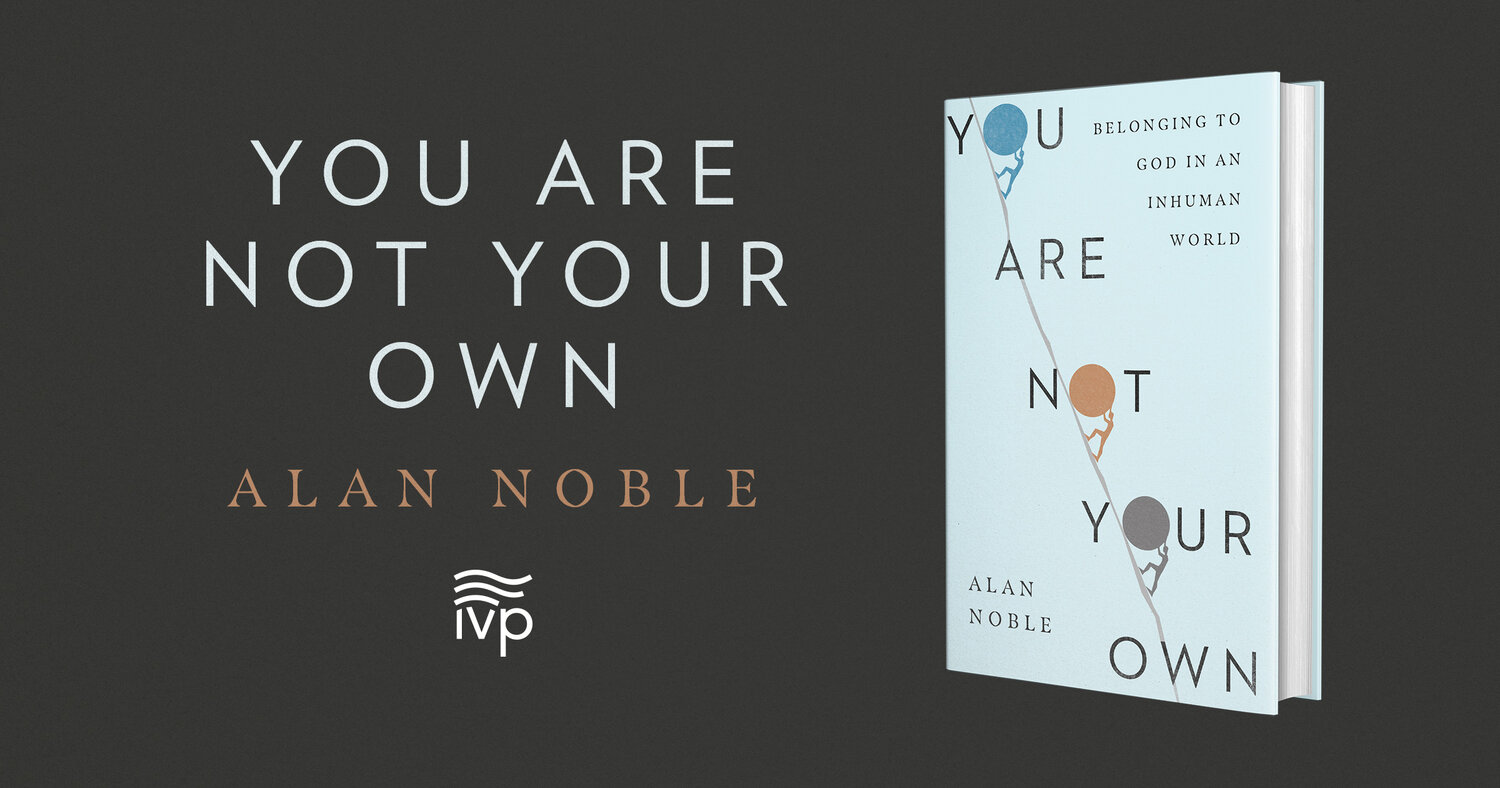The logic, spirit, and economy of contemporary pornography is a near-perfect reflection of society’s failure to provide us with the tools necessary to meet the Responsibilities of Self-Belonging. Pornography assumes that we are each our own and belong to ourselves. It’s a tool that promises to give us a kind of personal validation, a sense of identity, a taste of meaningfulness, and a glimpse of intimate belonging. But by its own logic, pornography, like modernity, is an empty promise. Rather than helping us meet our responsibilities and cope with an inhuman world, it exacerbates our condition. Rather than bringing us closer to our humanity, it dehumanizes at every turn, turning our intimacy into instrumentality and leaving us addicted, depressed, exhausted, lonely, and bored — which also happens to be an accurate description of our society in general.
Login to read more
Sign in or create a free account to access Subscriber-only content.
Topics:
